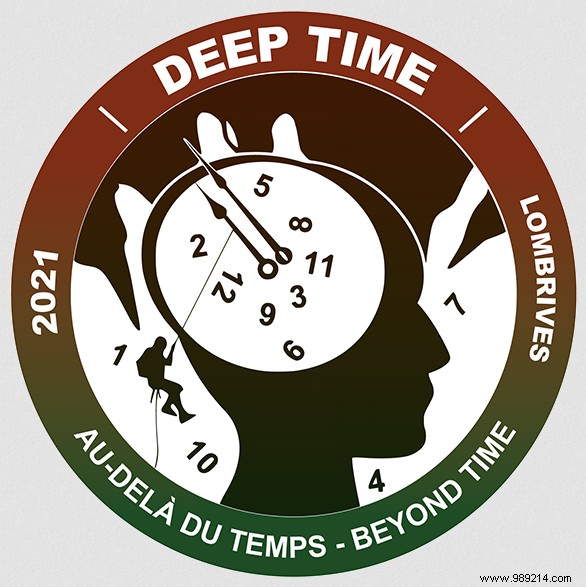Fifteen volunteers recently started an extraordinary experience:spending 40 days in a cave in order to push the confinement to the extreme. The objective? Study the brain's ability to cope with confinement from an emotional and adaptive point of view. The scientists responsible for this initiative want to find solutions to respond to the effects induced by these extreme changes.
A year after the first confinement in France, the Deep Time expedition just started. On March 14, 2021, 15 volunteers aged 27 to 50 joined the Lombrives cave in Ussat (Ariège), their new place of residence for the next few weeks. On the official expedition website, mission leader Christian Clot explains:
“During an exceptional period, an extraordinary expedition in France:40 days underground to learn the links between our brains and time, as well as with the capacity for functional synchronization within a group. This is a basic need for our future.”
It must be said that during confinement – synonymous with loss of spatio-temporal landmarks – in connection with the health situation induced by the SARS-CoV-2 coronavirus, our ability to adapt as well as our emotions have been mistreated. However, the Deep Time expedition will be used to understand how to respond to the impacts caused by these changes.

Participants stay in the cave without a watch, phone or natural light. In addition, the environmental conditions are rather difficult, with a temperature of 12°C and a 95% humidity level . In addition, the team will have to use a pedal boat system to generate its own electricity and draw water from a depth of 45 m. On the surface, scientists will follow the participants using sensors.
According to Étienne Koechlin, director of the cognitive and computational neuroscience laboratory at the École Normale Supérieure (ENS), the Deep Time expedition is a world first> . The interested party indicated that until now, all the missions of this type had for objective the study of the physiological rhythms of the body. On the other hand, there was never any question of measuring the impact of this kind of temporal rupture on cognitive and emotional functions of the human being.
A few weeks ago, we were talking about the experiments of the illustrious French geologist Michel Siffre. The aim of the person concerned was to prove that there was an internal clock in humans, imposing a 24-hour rhythm on their organism. Greatly reinforcing knowledge in the field of chronobiology, Michel Siffre will notably have spent two full months in the Gouffre de Scarasson (Ligurian Alps), at a depth of 100 m.